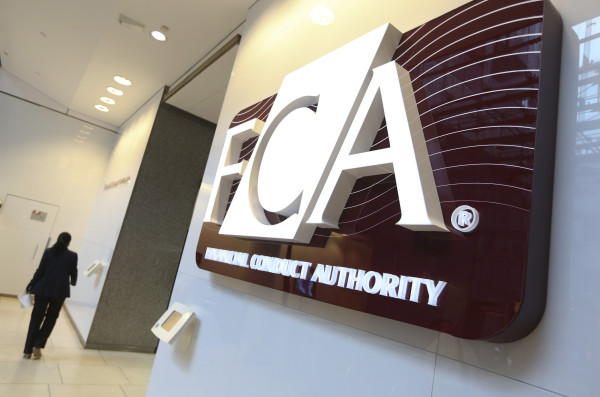

Advisers who are members of networks will not be subject to stricter rules on those working in financial services, the regulator has confirmed
The Financial Conduct Authority has today published a consultation on the transitional arrangements for the introduction of the senior managers' regime - which for firms regulated only by the FCA is expected to be in mid-to-late 2019.
The senior managers regime was introduced in March 2016 to tighten up senior staff accountability in banks. It is now being extended across the whole of financial services.
Its aim is to reduce harm to consumers and strengthen market integrity by making individuals more accountable for their conduct and competence.
Last month FTAdviser revealed the FCA lacked the legal power to impose the regime on appointed representatives - advisers who are members of networks - since the legislation which introduced the regime means it can only be rolled-out to directly authorised firms.
When the FCA originally published its plans to extend the regime to the whole financial services industry, it acknowledged this would not apply to network members and postponed this to a follow-up consultation paper.
But today the FCA has said: "The provisions of the approved persons regime still apply to ARs. Principal firms remain fully responsible for their ARs and networks meeting our rules and senior managers at these firms must make sure that this happens."
But networks have said their advisers would not become a less well regulated part of the market.
Speaking to FTAdviser last month, Tenet's Caroline Bradley said: "I do not envisage any difference in standards as appointed representatives will be members of larger firms who are caught by the regime."
For the majority of firms, the FCA has proposed automatically converting people from the approved persons regime to the new regime, meaning the majority of firms will not need to submit applications.
This will apply to core and limited scope firms, which includes sole traders, who will also have reduced responsibilities under the regime.
Enhanced firms, which include firms with more than £50bn in assets under management, will have more responsibilities and will also have to submit forms to the FCA in order to transition into the senior managers regime.
For firms which will be transitioned automatically, the FCA has set out how it will convert their current responsibilities into their new ones and has asked the industry to comment on this.
Jonathan Davidson, the FCA's executive director of supervision for retail and authorisations, said: “Culture and governance in financial services and its impact on consumer outcomes is a priority for the FCA.
“This next set of our proposals outline our plans for a smooth transition to the new regime, which is simple, clear and proportionate. Indeed, the vast majority of firms will not need to submit applications to convert existing approved persons to senior managers.”
One of the concerns which has been raised following the FCA's publication of its plans to extend the regime was the future of the Financial Services Register since only senior managers - and not all advisers as is currently the case - will appear on it once the regime is introduced.
In response to these concerns, the FCA said: "We are reviewing all feedback that we received to these consultations to decide the right approach. This includes concerns raised around the potential impact of excluding certain people from the Register.
"We have listened to this feedback and are considering next steps as part of our preparations to implement the new regime."
The FCA has also launched a consultation on its Duty of Responsibility which will apply once the regime comes into effect and will mean senior managers become responsible and accountable for the business areas they lead.
The FCA will be able to take action against them where their firm has contravened one of its requirements in their part of the business.
Both consultations run until 21 February 2018.
damian.fantato@ft.com



